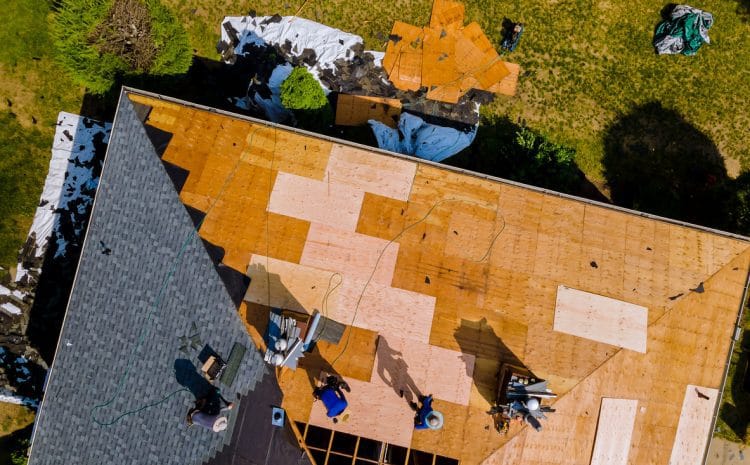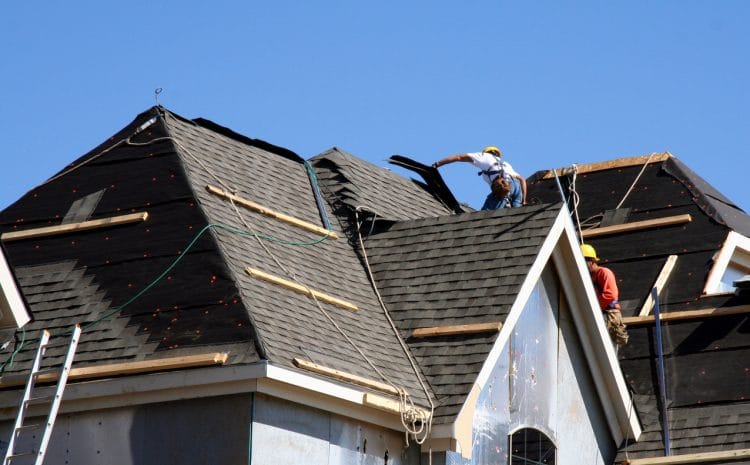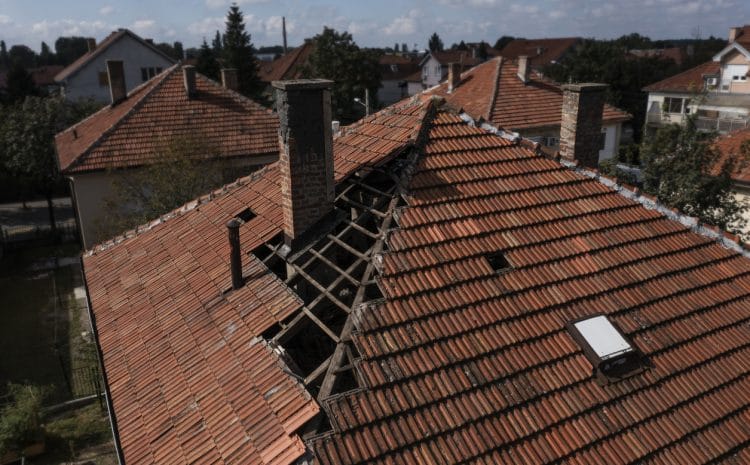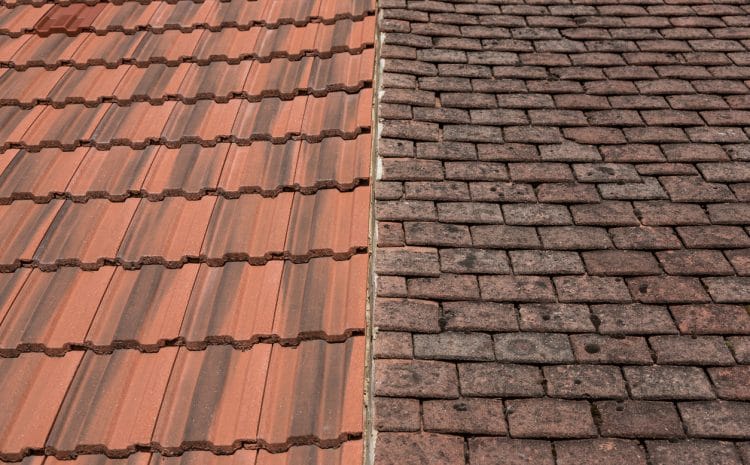How to Choose a Good Commercial Roof Contractor?

Choosing the right commercial roofing contractor can be the difference between a long-lasting, trouble-free roof and a costly series of repairs. Whether you’re overseeing a retail property, office building, warehouse, or industrial space, you need a qualified expert who understands the specific demands of commercial roofing. If you’re wondering how to choose a good commercial roofing contractor, you’re not alone. This guide will walk you through the most important considerations to ensure you hire a contractor who’s reliable, licensed, insured, and experienced in handling commercial roofing systems.
How to choose a good commercial roofing contractor
Long-Term Cost and Structural Integrity
Commercial roofing isn’t just about patching leaks or replacing shingles. It involves comprehensive planning, specialized materials, and advanced installation techniques. An improperly installed or maintained roof can lead to:
- Costly water damage and mold issues
- Energy inefficiency due to poor insulation
- Frequent maintenance and unexpected repairs
- Business interruptions due to structural failure
Choosing a contractor who’s familiar with commercial roofing materials like TPO, EPDM, metal, and modified bitumen is essential.
Top Criteria for Choosing a Reliable Commercial Roofing Contractor
1. Verify Licensing and Insurance
Any reputable commercial roofing contractor should hold the appropriate licenses for the state they operate in. Licensing proves they’ve met state requirements and understand local building codes. In addition, ensure the contractor carries both liability and workers’ compensation insurance to protect you from lawsuits or costs in case of injury or damage.
You can verify licenses via your state contractor board or consumer protection agency. For example, Florida business owners can check with the Florida Department of Business and Professional Regulation.
2. Prioritize Commercial Experience
Residential and commercial roofing differ significantly. Ask the contractor for examples of similar-sized commercial roofing projects, and ensure they have:
- Experience with your roofing material
- Familiarity with commercial building codes and energy standards
- An understanding of commercial-grade ventilation and drainage systems
Experience in your specific region is also critical due to climate-specific installation practices.
3. Ask for References and Review Portfolio
A trustworthy roofing contractor should have no problem providing at least 3–5 recent references from commercial clients. Ask these questions when speaking with past clients:
- Were the timelines and budget honored?
- How was communication throughout the project?
- Was there any issue with permits, warranties, or follow-ups?
Also, review their completed project gallery or case studies on their website for proof of quality.
4. Get a Written, Detailed Proposal
Never proceed with verbal estimates. A professional commercial roofing contractor should provide:
- A full breakdown of material and labor costs
- Clear project timelines and milestones
- Cleanup and safety procedures
- Warranty details (both manufacturer and workmanship)
This protects both parties and prevents misunderstandings later.
Red Flags to Avoid When Hiring a Commercial Roofer
1. Unusually Low Bids
While saving money is important, bids that are significantly lower than others may indicate the contractor is cutting corners with subpar materials or inexperienced labor.
2. No Local Office or Permanent Address
Avoid contractors who only provide a P.O. box or don’t have a physical address in your area. Fly-by-night operators often vanish after the job, leaving you with no recourse.
3. High-Pressure Sales Tactics
Trustworthy contractors let their work speak for itself. If someone pushes you to sign a contract on the spot or offers limited-time discounts to lock you in, consider it a red flag.
Questions to Ask a Commercial Roofing Contractor Before Hiring
Before signing a contract, consider asking the following:
- Are you licensed and insured in this state?
- How long have you been working on commercial roofs?
- Can you provide references from past commercial clients?
- What is your project timeline?
- Do you offer workmanship warranties?
- What roofing systems do you specialize in?
Why Local Expertise Matters in Commercial Roofing
Commercial roofing is impacted by local weather patterns, building codes, and environmental factors. A contractor with local expertise will:
- Know how heat, humidity, and storms affect roofing materials
- Be familiar with permitting processes in your city or county
- Offer ongoing maintenance support post-installation
For example, Florida roofs must comply with the Florida Building Code, which includes requirements for hurricane resistance and energy efficiency. You can learn more about it through the Florida Building Commission.
Benefits of Working with a Verified Commercial Roofing Professional
Hiring a licensed commercial roofer ensures:
- Work is done up to code
- Insurance claims are processed smoothly
- Your warranties remain valid
- You avoid liability issues from unsafe practices
You also gain peace of mind knowing your roof can stand up to years of wear, weather, and usage.
FAQ: Frequently Asked Questions About Choosing a Commercial Roofing Contractor
Q1: What’s the difference between a residential and commercial roofing contractor?
A: Residential roofers typically work on pitched roofs using materials like shingles, while commercial roofers handle flat or low-slope roofs using specialized materials such as TPO, EPDM, or built-up roofing systems.
Q2: How do I verify a contractor’s license?
A: Check your state’s licensing board or online portal. In Florida, use the MyFloridaLicense.com website.
Q3: How long does commercial roofing installation take?
A: It depends on the size of the property, materials used, and weather. A small project may take a week, while large-scale jobs can span several weeks.
Q4: What should be included in a commercial roofing contract?
A: Materials list, scope of work, timeline, payment terms, safety plan, warranty details, and termination clauses.
Q5: Are there tax benefits for replacing a commercial roof?
A: Yes, under IRS Section 179, you may be able to deduct the full cost of roof improvements. Always consult a tax professional.
Conclusion: Making a Confident Decision
Choosing a commercial roofing contractor like 411 Claims Help is a major decision that impacts your property’s value, safety, and long-term cost. Taking the time to vet your options thoroughly helps you avoid costly mistakes and ensures your roof performs at its best.
If you’re looking for trusted roofing experts, our team is here to help. Learn more about what a roofing contractor does, how they can assist with insurance claims, and why choosing the right one matters.



